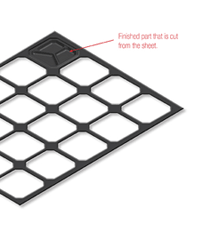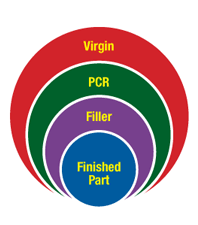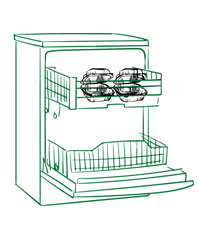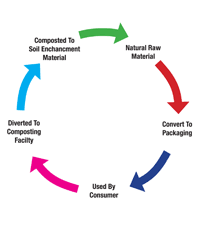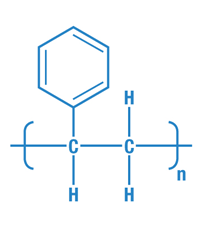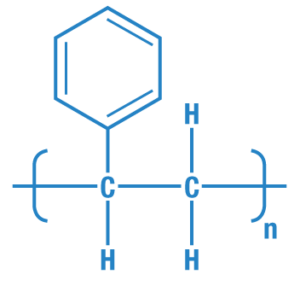 Polystyrene and in specific, foamed polystyrene, has been under attack at municipalities across the country. This is particularly true when it comes to food packaging and containers. Various bans have been proposed or enacted citing reasons such as litter, landfill usage and safety concerns. Many of these claims are based upon falsehoods or misguided information. But what exactly are the facts when it comes to polystyrene and the environment/
Polystyrene and in specific, foamed polystyrene, has been under attack at municipalities across the country. This is particularly true when it comes to food packaging and containers. Various bans have been proposed or enacted citing reasons such as litter, landfill usage and safety concerns. Many of these claims are based upon falsehoods or misguided information. But what exactly are the facts when it comes to polystyrene and the environment/
Landfills And Foamed Polystyrene Products
It is often stated that foamed polystyrene is chocking our landfills and filling them up. According to the EPA, plastics (that’s all plastics) account for only 12.2% of all MSW. When you break it down even further to foodservice foamed polystyrene, it accounts for a very small percentage of all materials in landfills (by weight).
Litter And Food Containers
Any litter is nasty and unhealthy for the environment. Banning one material in favor of another will not solve the litter issue. It will only replace one type of litter for another. According to a Keep American Beautiful study, plastic accounts for 34.7% of all roadway litter. Again, that is all plastic, not just foamed polystyrene foodservice containers. Food containers accounted for 2% of the total.
The best way to prevent litter in the first place, according to Keep America Beautiful, is to clean up existing litter. They found that one of the strongest contributors of litter is the prevalence of exiting litter. In other words, people are more likely to litter if there is already litter strewn about. They further state that their study clearly indicates that people are the key source of litter (cigarette butts are the #1 littered item), and 90% of people feel litter is a problem in their area.
Safety
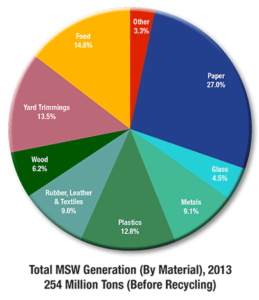 Foamed polystyrene has been safely used for food packaging for over 50 years. Some people however suggest that styrene makes polystyrene unsafe. This is simply not true. Styrene and polystyrene are two different substances. Styrene, which is a colorless liquid, is a building block of polystyrene. Polystyrene is inert and has no smell of styrene. Polystyrene is often used in situations where hygiene is of the utmost importance such as in the food service and medical industries. Polystyrene also meets very stringent FDA standards for use in food contact applications.
Foamed polystyrene has been safely used for food packaging for over 50 years. Some people however suggest that styrene makes polystyrene unsafe. This is simply not true. Styrene and polystyrene are two different substances. Styrene, which is a colorless liquid, is a building block of polystyrene. Polystyrene is inert and has no smell of styrene. Polystyrene is often used in situations where hygiene is of the utmost importance such as in the food service and medical industries. Polystyrene also meets very stringent FDA standards for use in food contact applications.
It is also interesting to note that styrene is a naturally occurring substance which is present in many foods such as wheat, beef, strawberries, peanuts, coffee beans and cinnamon.
BPA (Bisphenol-A)
BPA is not used either directly or indirectly with any Genpak products include polystyrene or foamed polystyrene products.



